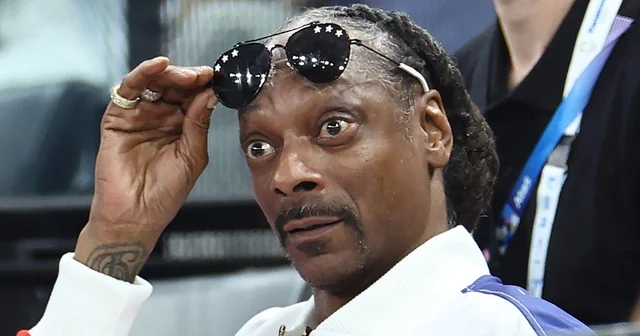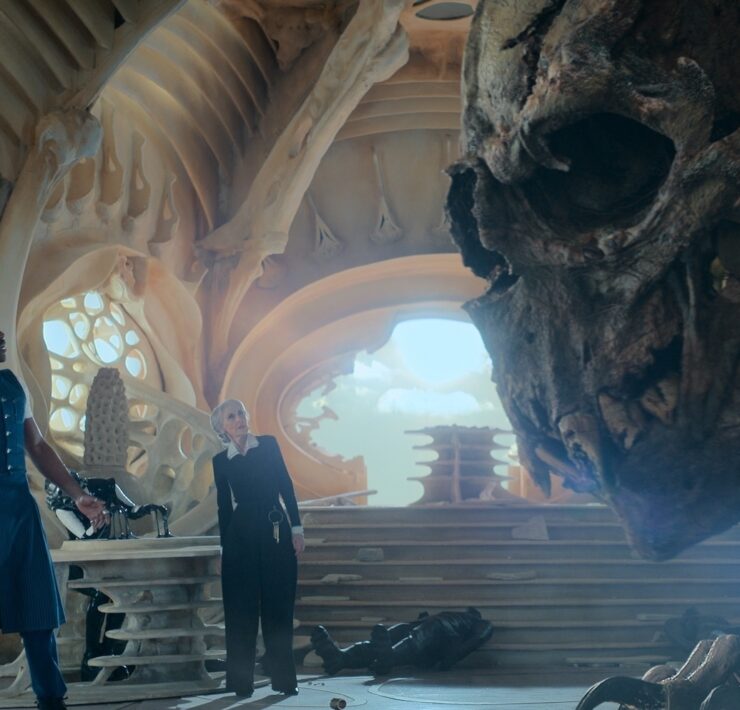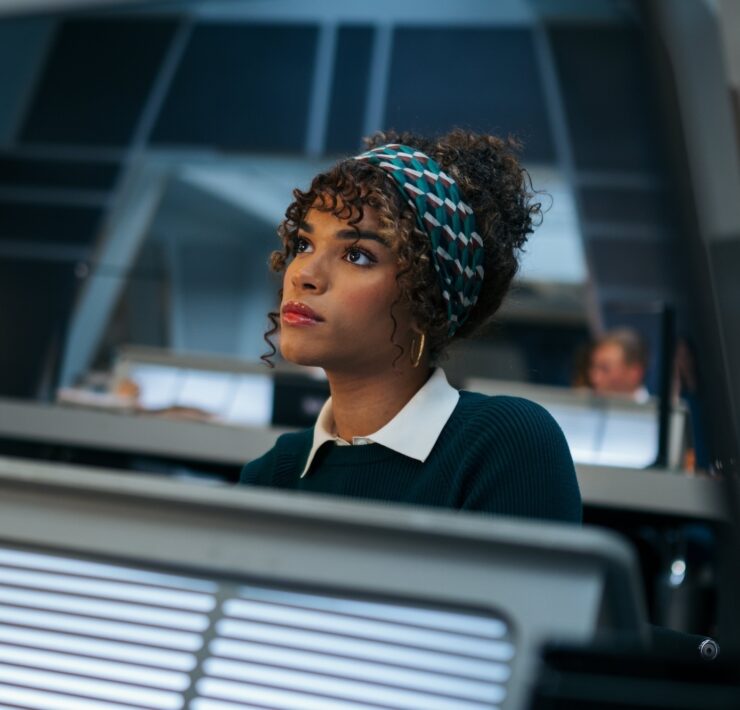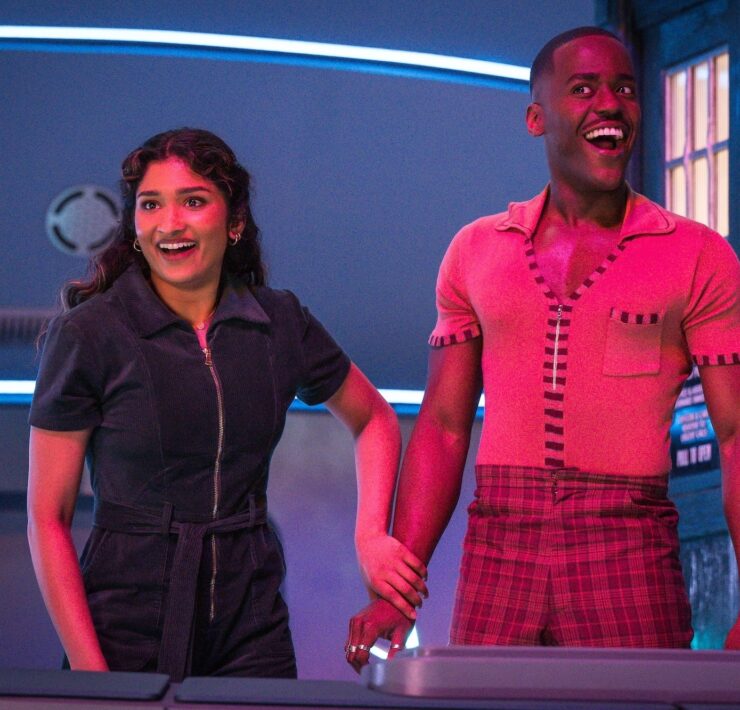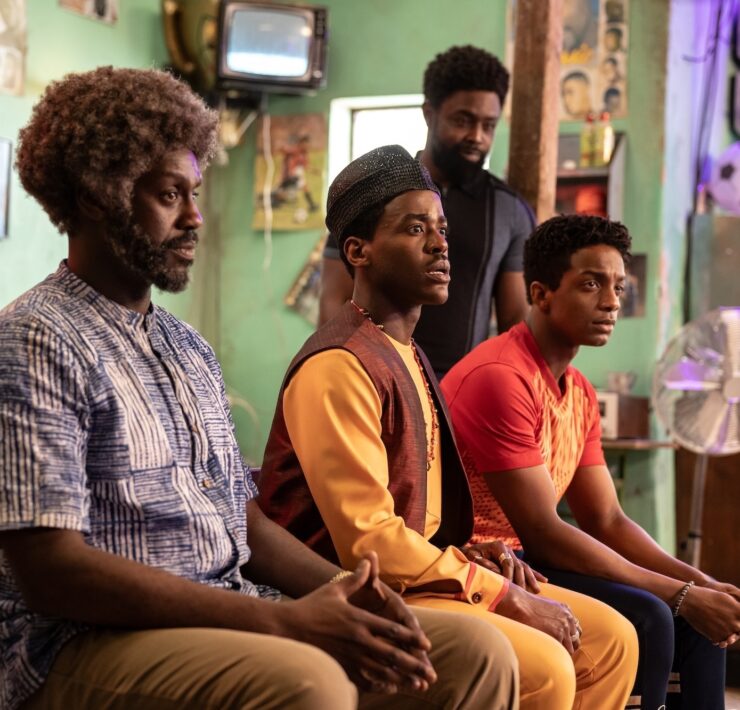TV Review: ‘Doctor Who’ Special ‘The Star Beast’ Offers Unsatisfying Conclusions Once Again
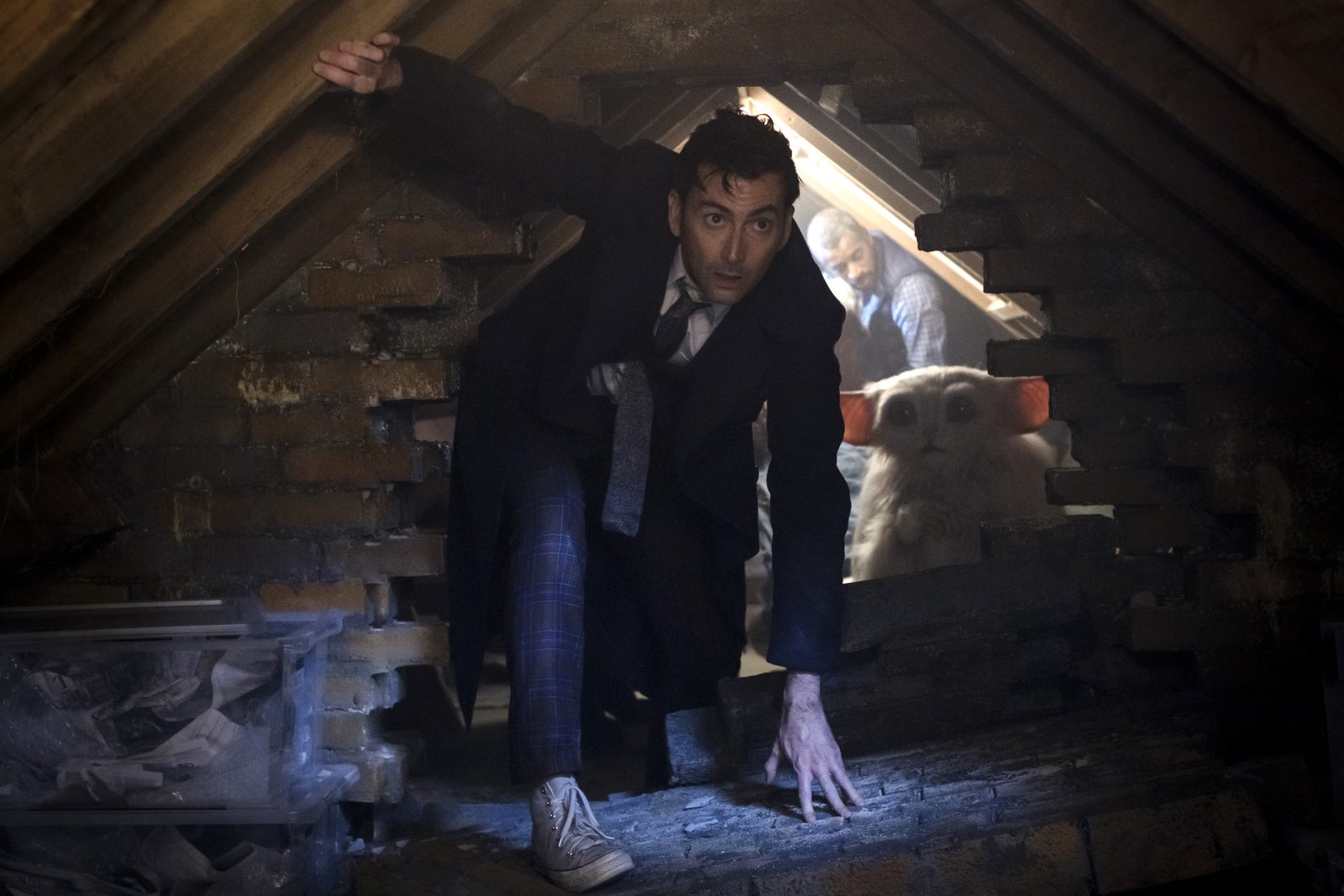
Julie River is a Denver transplant originally from Warwick, Rhode…
Rating: 80/100.
British science-fiction show Doctor Who is absolutely my whole life. I love science fiction and fantasy, and I particularly love shows focused around morally good characters who want to set things right in the universe. What’s more, a show that constantly replaces it’s lead actor opens up infinite possibilities and seeing new actors play the Doctor every few years is exciting. In case you were wondering, I chose the name Julie River in honor of my favorite character in the show, the Doctor’s badass wife, River Song.
That being said, my opinions on Doctor Who aren’t necessarily in line with popular opinions. Most fans of modern Doctor Who prefer the first four seasons—which were run by showrunner Russell T. Davies, creator of Queer as Folk and It’s a Sin—and complain about the subsequent two showrunners, Steven Moffat and Chris Chibnall, bringing the show down in quality.
Personally, I couldn’t disagree more. Davies’ era of Doctor Who was full of deus ex machinas and poorly written women. While it’s impossible to deny the powerful charisma of the 10th Doctor (David Tennant) who was the Doctor for most of the Davies era, Davies’ writing just fell flat. Steven Moffat, who started out as a member of the writing staff before being promoted to showrunner, is by far my favorite showrunner of the series with his wild imagination and satisfying conclusions. Chris Chibnall, the most hated of the three showrunners, is wildly underrated, and deserves a lot of credit for being the first showrunner with the guts to cast a woman as the Doctor (Jodie Whittaker).
Well, it would seem that nostalgia has won the day, because, starting with this year’s three-part 60th Anniversary special, Davies returns to his role as showrunner. And, as a particularly cheap gimmick, Jodie Whittaker’s 13th Doctor regenerated back into David Tennant again, giving Davies a chance to revisit his glory days as the head of the show. And with the return of Tennant and Davies comes the return of my least favorite companion: Donna Noble (Catherine Tate).
I realize I’m speaking pure blasphemy for most Whovians, but Donna Noble is a terribly written character. She’s merely an assemblage of bad stereotypes about women. She chose her job based on how likely it was to land her a husband, and she obsesses over her appearance, age, and weight like she’s that character Cathy from the comic strips. Granted, Donna Noble is played by a brilliant comic actor, and she manages to inject a lot of charm into a poorly written character, but make no mistake, it’s Tate’s acting and not Davies’ writing that makes Donna a likable character.
In her last appearances on the show, there was a convoluted plot in which Donna’s memory of the Doctor had to be erased to save her life, making for one of the most unpopular narrative points in the entire Davies era. So, at the very least, reuniting David Tennant and Catherine Tate gives Davies the ability to fix one of his greatest writing mistakes of his tenure.
In The Star Beast, the first of the three 60th Anniversary specials of the show, the newly regenerated 14th Doctor manages to run into his old friend Donna again almost 15 years after he last saw her. In the years, Donna has had a transgender daughter named Rose (Yasmin Finney) who she’s fiercely protective over. But when a spaceship crash lands into London, the Doctor tries to help the alien inside the ship, an adorable little creature called The Meep (Miriam Margolyes), return to safety without Donna remembering what she shouldn’t. But is it possible that all is not what it seems?
For the most part, the show’s first official trans character (not counting Time Lords who have changed gender, which seems like it should count) was handled pretty respectfully. The word “transgender” doesn’t even come up in this episode, and yet you can tell that Rose is a transgender character because school bullies deadname her and mock her, Donna and her mother have a conversation about making mistakes around pronouns, and Rose is the first person to call out the Doctor for incorrectly assuming an alien’s pronouns. But there’s one big, if well-intentioned, mistake in how the trans character is handled, and, to explain it, I’m going to have to get a little spoilery.
One of the episode’s twists—in fact, the resolution to a 15-year long story arc—revolves around Rose being non-binary which … is not what I thought she was. Everything else in the episode had hinted at Rose being a binary trans girl. Her pronouns are she/her, she goes by a distinctly femme name, and she’s referred to by her own father as his daughter and a girl. And, to the best of my knowledge, the actress is trans but does not use the term “nonbinary” to describe herself. Now, as a trans person, I realize that each person’s expression and identity is their own choice and none of what I just said rules out the possibility of the character identifying as nonbinary. But it really felt like the result of a cis writer writing for a trans character and not quite getting the language correct. At the very least, there should have been mention of the phrase “nonbinary” before it became central to the episode’s resolution.
Furthermore, bringing in Rose’s gender identity in the episode’s climactic scene felt unnecessary. The whole thing could have been resolved perfectly well without any mention of her gender identity entering into it. Instead, it felt like Russell T. Davies wanted to make being trans into some sort of superpower, which is a tad condescending. This is not to say that I’m not thankful for the trans representation in a Doctor Who episode, especially considering it’s coming from the U.K., where TERF views are a bit more mainstream than they are in the U.S., but it felt like Davies didn’t run this script past a lot of trans people who would have potentially pointed out the problems to him.
The episode also, strangely, ignores established canon. The character of The Meep, who is a central part of this episode, is clearly the same character as Beep the Meep, who has appeared multiple times in Doctor Who comics and audiobooks. In fact, this whole episode is a loose adaptation of Beep the Meep’s first appearance, a 4th Doctor comic strip from 1980 called Doctor Who and the Star Beast. While it’s debatable if the comics count as part of canon, the audiobooks are well established as being canonical. The BBC confirmed as much in Doctor Who Magazine in 1999 when the audiobooks first began, and it was further confirmed following the 50th anniversary mini-episode “Night of the Doctor” where the eight Doctor regenerates into the War Doctor and, in his final moments, lists off all of his companions from the audiobooks. Thus, if The Meep’s previous appearances are officially canon, there’s no good reason that the Doctor shouldn’t recognize The Meep.
But unsatisfying conclusions and defying canon are fairly par for the course with Davies’ writing. Did he show any signs of improvement? Well, yes, most notably that, for all my problems with Donna Noble before, Donna Noble as a fiercely protective mama bear of a trans child is much more endearing than the Donna Noble of old. Additionally, there was a lot of great humor in the episode. While the conclusion was anticlimactic, the journey to get there was fun. But, in the end, all of the flaws that were characteristic of the Davies era have returned with him, and I don’t see those flaws being fixed anytime soon.
The Star Beast is currently streaming on Disney+ with new specials dropping December 2 and December 9.
Photo courtesy of Disney+.
What's Your Reaction?
Julie River is a Denver transplant originally from Warwick, Rhode Island. She's an out and proud transgender lesbian. She's a freelance writer, copy editor, and associate editor for OUT FRONT. She's a long-time slam poet who has been on 10 different slam poetry slam teams, including three times as a member of the Denver Mercury Cafe slam team.



